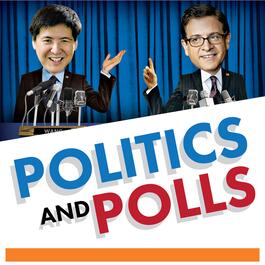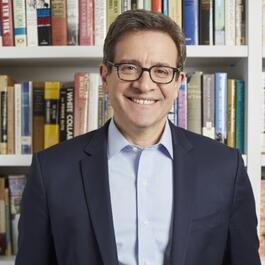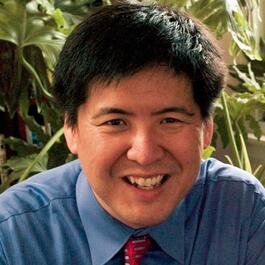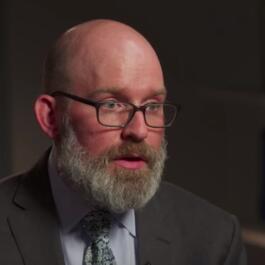
#157: How Economists Attained Power in the Modern Era Ft. Binyamin Appelbaum
Economists shape conversations on topics ranging from business to politics, and their influence is widely felt; the Federal Reserve, trade negotiations, and public spending have become central focuses of political debate. But economists weren't always permanent fixtures in policymaking. Binyamin Appelbaum joins Sam Wang and Julian Zelizer to discuss the rise of economists between the 1960s and 2000 — the focus of his new book, "The Economists' Hour: False Prophets, Free Markets, and the Fracture of Society. His book explores the role of economists in shaping public policy on issues like the draft, income inequality and distribution, and minimum wage. Appelbaum is The New York Times Editorial Board's lead writer on business and economics. Prior to joining the Board this year, he was a Washington correspondent for the Times, covering the Federal Reserve and other aspects of economic policy from 2001 to 2009. Appelbaum previously worked for the Charlotte Observer, where his reporting on subprime lending won a George Polk Award and a Gerald Loeb Award. He also was a finalist for the 2008 Pulitzer Prize.
From "Politics and Polls"





Comments
Add comment Feedback